Originally published on Marijuana Moment by Kyle Jaeger
The NBA is extending its policy of not randomly drug testing players for marijuana through the 2021-2022 season, a league spokesperson confirmed on Wednesday.
NBA Commissioner Adam Silver signaled late last year that the temporary suspension of cannabis drug testing may continue. And now Chief Communications Officer Mike Bass is confirming that the policy will be in place at least through the upcoming season that begins this month, according to The Associated Press.
“We have agreed with the [NBA Players Association] to extend the suspension of random testing for marijuana for the 2021-22 season and focus our random testing program on performance-enhancing products and drugs of abuse,” he said.
The development was first reported by ESPN, which obtained a memo on the issue that was recently circulated to NBA players.
Silver said in December that the league’s decision on marijuana drug testing, which was made amid the peak of the coronavirus pandemic, could eventually become permanent.
“We decided that, given all the things that were happening in society, given all the pressures and stress that players were under, that we didn’t need to act as Big Brother right now,” he said at the time. “I think society’s views around marijuana has changed to a certain extent.”
Rather than mandate blanket tests, he said the league would be reaching out to players who show signs of problematic dependency, not those who are “using marijuana casually.”
NBA initially announced a temporary suspension of cannabis drug testing last year, as players finished out their season in the so-called “bubble” arena in Orlando amidst the COVID-19 pandemic. That was later extended to the entire 2020-2021 season following an agreement between the league and the players’ union
Michele Roberts, the head of the National Basketball Players Association (NBPA) who also joined the board of the major cannabis company Cresco Labs last year, predicted in a recent interview that a formal change to codify the policy indefinitely could come as early as “next season.”
While NBA won’t be subjecting players to random drug testing for THC, they will continue to test “for cause” cases where players have histories of substance use, for example.
In August, it was announced that the online marijuana marketplace Weedmaps is teaming up with NBA star Kevin Durant for a multi-year partnership that’s aimed at destigmatizing cannabis and showcasing the plant’s potential value for “athlete wellness and recovery.”
This latest action from NBA comes on the heels of a national discussion about cannabis testing policies for athletes—an issue that made international headlines following the suspension of U.S. runner Sha’Carri Richardson from participating in the Olympics over a positive THC test.
The World Anti-Doping Agency announced last month that it will be conducting a scientific review of marijuana next year to determine whether it should continue an international ban on cannabis use by athletes.
Meanwhile, advocates have broadly embraced internal marijuana policy reforms at other major professional athletic organizations, arguing that they are long overdue especially given the ever-expanding legalization movement.
NFL’s drug testing policy changed demonstrably last year as part of a collective bargaining agreement, for example. Under the policy, NFL players will not face the possibility of being suspended from games over positive tests for any drug—not just marijuana.
In a similar vein, the MLB decided in 2019 to remove cannabis from the league’s list of banned substances. Baseball players can consume marijuana without risk of discipline, but officials clarified last year that they can’t work while under the influence and can’t enter into sponsorship contracts with cannabis businesses, at least for the time being.
Marijuana icon Snoop Dogg also recently argued that sports leagues need to stop testing players for marijuana and allow to them to use it as an alternative to prescription opioids.
Originally published on Marijuana Moment by Kyle Jaeger

